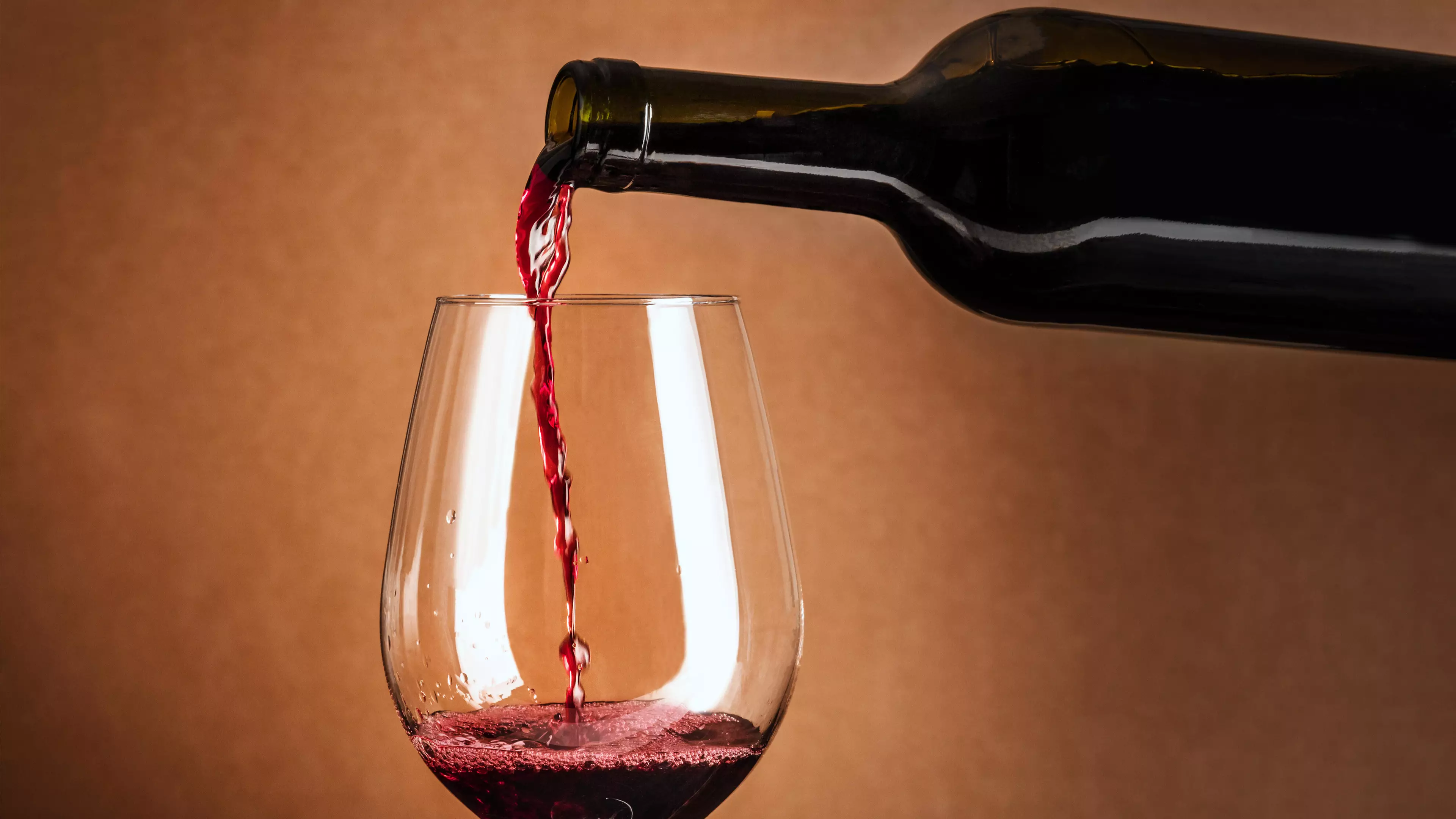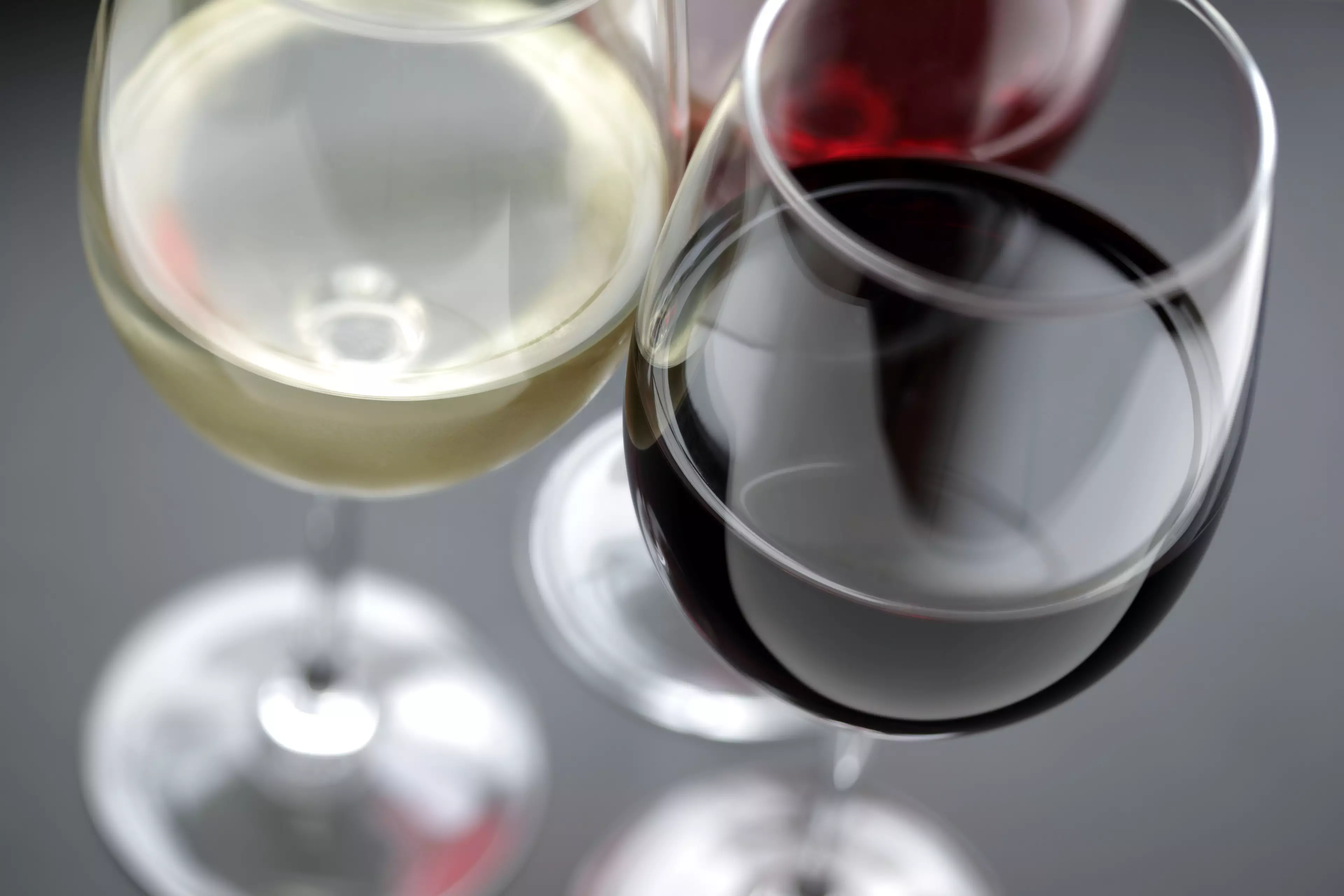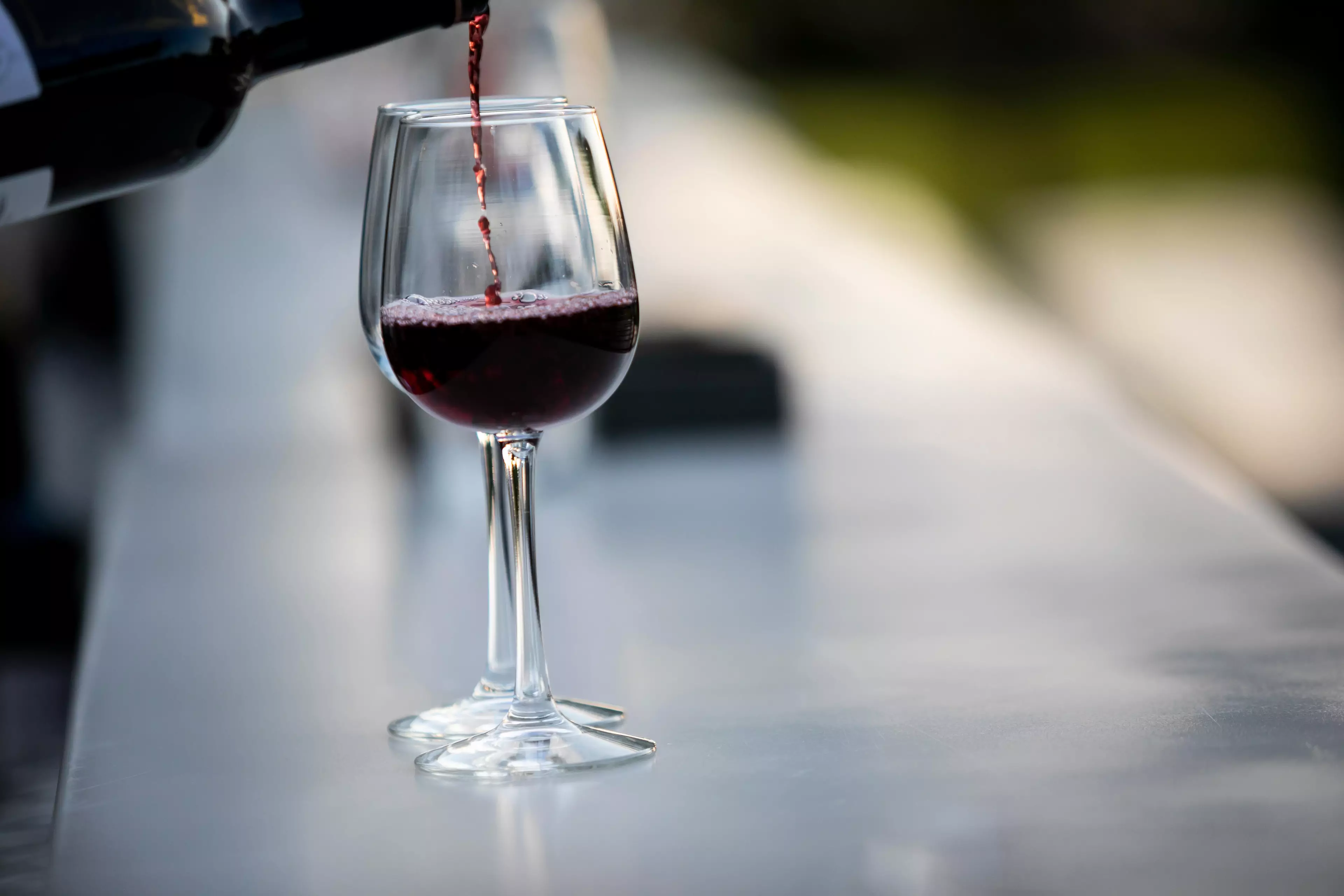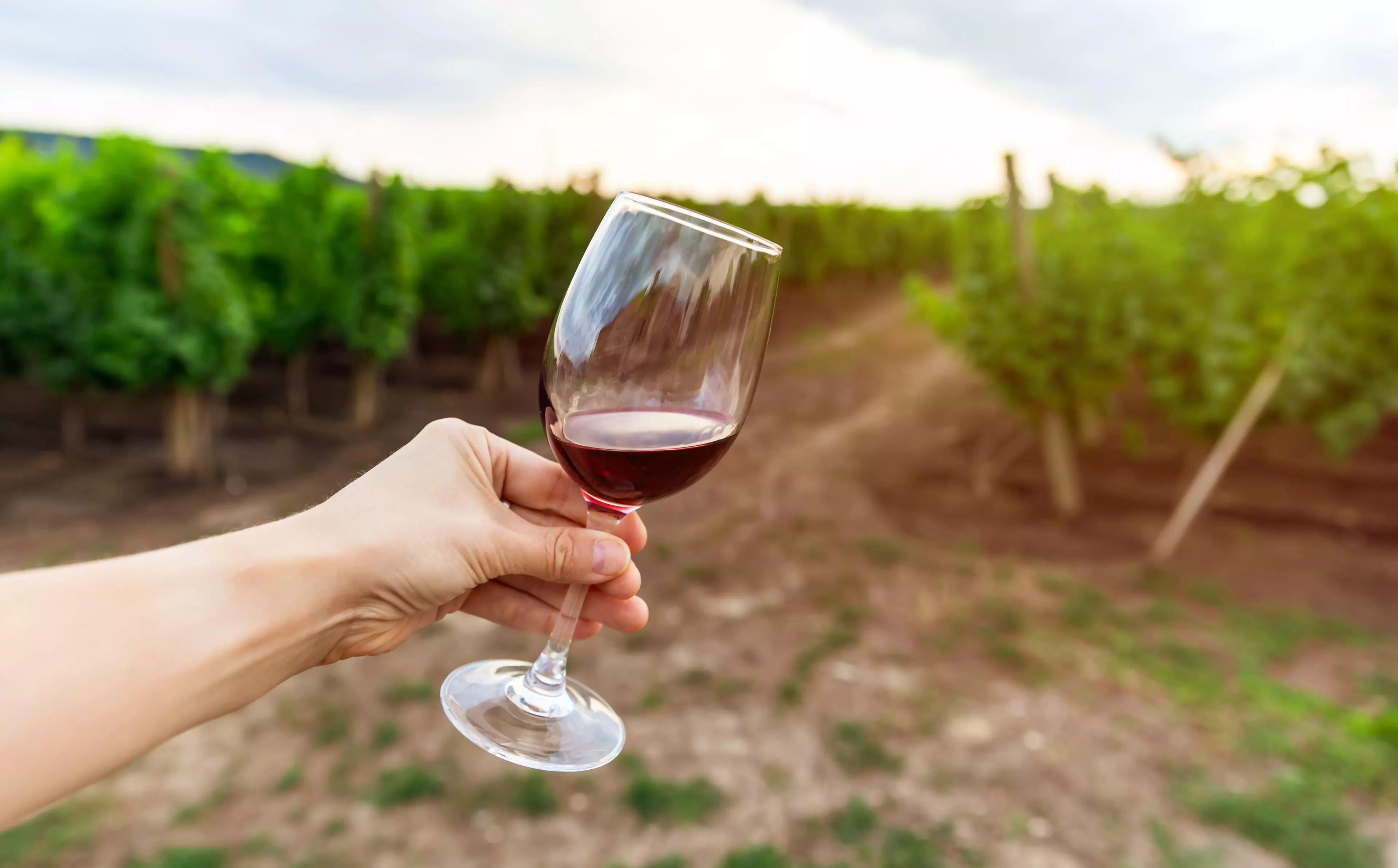
A new study has looked into the way alcohol could help or hinder your body's immunity against coronavirus and it's good news for red wine drinkers.
Published in scientific journal Frontiers in Nutrition earlier this month, the research team in China's Shenzhen Kangning Hospitaldiscovered people who like a few glasses of red wine, white wine and champagne might have a better chance of not getting Covid-19.
But it was the rouge vino that stood out from its competitors as the best beverage for this approach.
According to Fox 10 Phoenix, the study included nearly 500,000 participants and more than 16,500 ended up testing positive for coronavirus.

They analysed information from the UK's Biobank Study, which has been 'collecting health and lifestyle information from people since 2006'.
The researchers broke alcohol consumption down into four categories: those who had less than 14 units of alcohol, others who had more than 14; those less than 28 units and others had more than 28 units.
The team found those who knocked back an above average weekly serving of red wine had a higher chance of not catching coronavirus. It wasn't such great news for those who enjoy other types of alcohol like beer or cider.
The study said: "Our study suggests that subjects who usually consumed red wine and white wine and champagne above guidelines, and sometimes consumed 1-2 glasses/week fortified within the guidelines appear to have chances to reduce the risk of COVID-19.

"The consumption of beer and cider are not recommended regardless of frequency and amount of alcohol consumption, which increased the risk of COVID-19. Furthermore, heavy drinking is not recommended for all alcoholic beverages.
When they broke it down, their study found one to two glasses of red wine a day had a 10 to 17 per cent lower risk of people testing positive for coronavirus compared to non-drinkers.
For white wine, participants had a 7 to 8 per cent lower risk if they consumed five glasses or less per week.
On the other side, people who frequently drank beer or cider had a 28 per cent higher chance of contracting the virus than non-drinkers.
The study concluded that red wine provided a 'protective effect' against the novel coronavirus when it's consumed 'above or double above the recommended guidelines'.

Wine Spectator noted how this study looks at correlation instead causation, so there could be plenty of other factors at play as to why different alcohol types and consumption levels affect Covid-19 infection rates.
For instance, red wine drinkers might prefer to consume their beverages at home, while beer drinkers might be more inclined to have a few glasses at a pub, where there's a higher risk of Covid-19.
The UK Biobank data also focuses on people 49 years or older and their drinking habits was based on information provided before the pandemic began, so there could have been changes in consumption since then.
Researchers warned that excessive alcohol consumption was not healthy and it certainly shouldn't be done for the assumption it will protect you from coronavirus.
Getting the vaccine, wearing a face mask where appropriate and being sensible are some of the best ways of preventing you from getting Covid-19.
"Public health guidance should focus on reducing the risk of Covid-19 by advocating healthy lifestyle habits and preferential policies among consumers of beer and cider and spirits," they said.
Featured Image Credit: AlamyTopics: Wine, News, Interesting